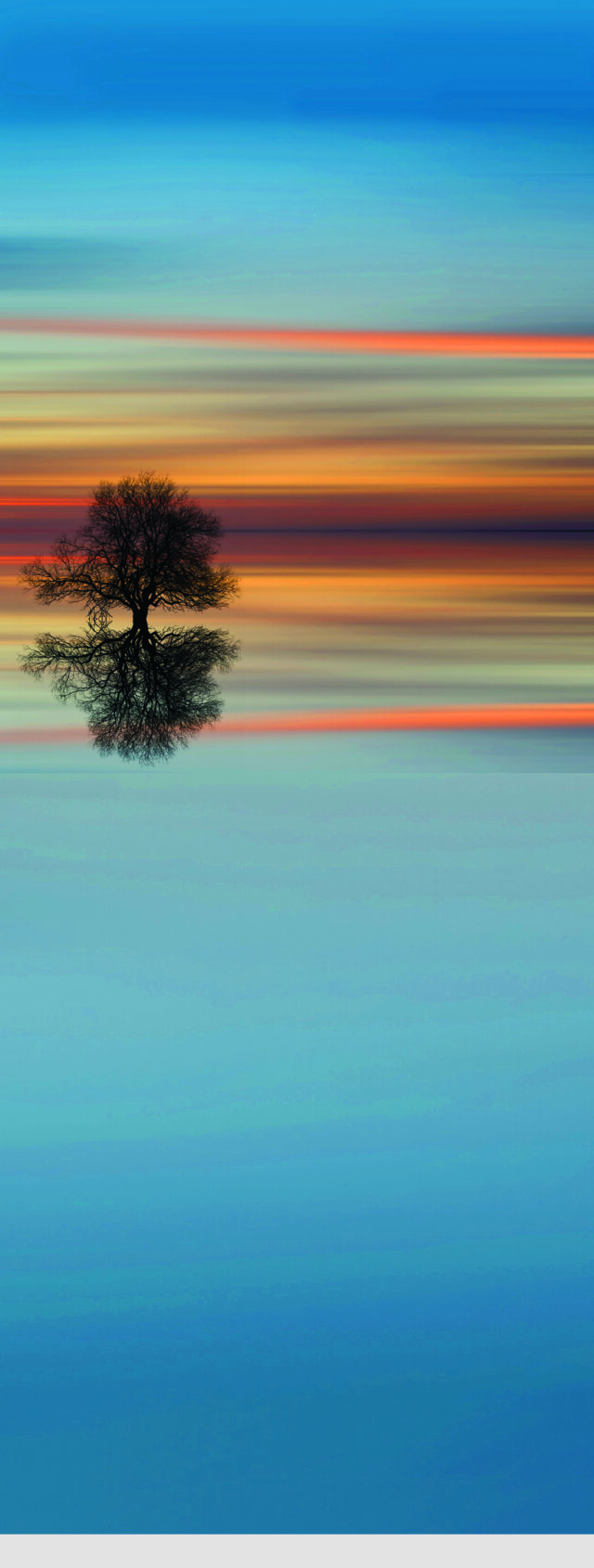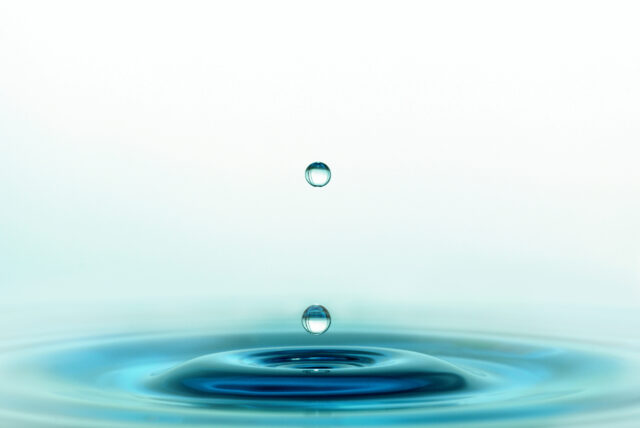
By Dimitri Ehrlich
In art and design, the use of negative space is fundamental. These visual pauses are what hold a design together. Any architect, mathematician or philosopher will tell you that without zero you can’t have one. And it’s often been noted that great music is often as much about the notes you don’t play as the ones you do. In other words, infinite is a two-way street: Form depends on emptiness. And that’s exactly why pauses are so important in our lives. Whether it’s taking five minutes to just do nothing, or developing the advanced meditative levels in which we are able to notice the gap between thoughts, pauses are where all the important things happen.
We lost many things during the pandemic—many of which we aren’t even aware we even had. And one of the most important may be nothing at all: those moments of downtime, where we had nothing to do.
Before the pandemic, we had many small transition times built into the day. For example, getting out of bed to shower, getting dressed, walking to the train or driving to work, all offered moments of unpressured time where our minds could wander, decompress and process thoughts.
But for those of us who have shifted to remote working, daily life has become a string of Zoom meetings. We no longer take the time to choose the right outfit, commute, wait for an elevator, chat around the water cooler. What do we lose without these small pauses? We lose the time to let our minds wander, to rest and digest.
The pause may only be a micro moment, or it might be a few minutes during which no work is scheduled. It’s seemingly a waste of time, but that’s precisely what makes these pauses so valuable: We aren’t expecting anything, so anything can happen.

This problem won’t just go away when the pandemic ends. The loss of these pauses has been the price we’ve paid for greater efficiency. With the total saturation into our lives of smart phones, smart watches, smart fridges, smart cars and smart homes, something stupid has happened: We’ve lost the gift of the pause, those tiny spaces in the day that weren’t devoted to anything in particular. Time that wasn’t being “used” but was therefore supremely useful.
What gets lost without a pause? A time to reflect, anticipate, contemplate, digest and process all that we are working on. Hyper-efficiency has a psychological cost in that it reduces our relationship with time to something completely transactional. When grocery shopping, religious services and yoga classes are all on Zoom, we have virtually erased all the downtime in daily life. There is no time for whimsy, for daydreaming, for silliness, for gazing out a window and being mesmerized by the way rain splashes upward after it hits a puddle. The price we have paid for efficiency is a kind of emotional tightness, and this can have a negative effect on our mental health.
So what can be done? Next time you find yourself with a little downtime, resist the urge to look at your phone. Close your eyes, take a deep breath and cherish the pause as a gift. Remember that idleness is not an indulgence or a vice. Taking a pause is a way to replenish the brain’s stores of attention and motivation, productivity and creativity. Consider how often your mind obliquely solves tough problems while daydreaming. And begin to appreciate all the in-between moments that present themselves in an average day. It doesn’t have to be anything elaborate. Just take advantage of those quiet moments throughout the day, and your mind and body will be grateful—because when you do nothing, you’re actually making room for anything and everything.



